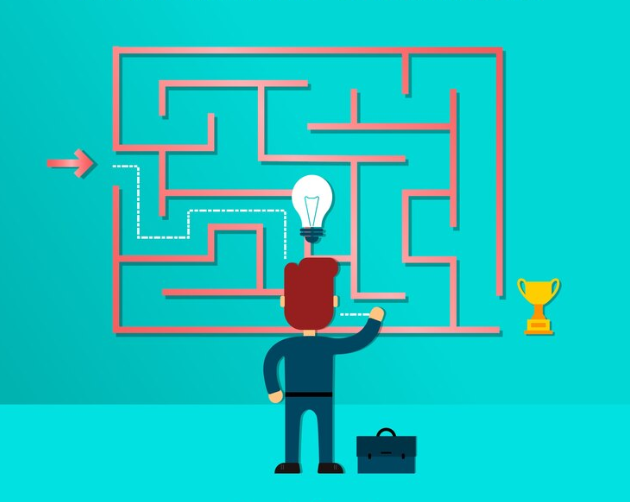Welcome to the Job Seeker's Journey
Hello fellow job seekers! If you're reading this, you're likely in the throes of scouring job listings, tailoring resumes, and maybe even crossing your fingers post-interviews. A question that often plagues us during this phase is, 'How long should it actually take to find a job?' Well, let's dive into this together, because the answer isn't as straightforward as we'd hope.
The Variable Nature of Job Hunting
First off, it's crucial to understand that job hunting is a highly individual experience. Factors like industry trends, your experience level, and even your geographical location play significant roles.
Industry and Job Market Trends: Some sectors are booming, while others might be more competitive or in a downturn. For instance, tech and healthcare jobs are often in higher demand compared to other sectors.
Experience and Skill Level: If you're a fresh graduate, you might find a plethora of entry-level positions, but be prepared for competition. For those with niche skills or higher experience levels, the search might be longer, but the roles could be more rewarding.
Geographical Location: Your location matters. Big cities might offer more opportunities but also face more competition. Sometimes, broadening your geographical preferences can open up new doors.
Economic Climate: The overall economy cannot be ignored. During economic highs, companies expand and hire more. In tougher times, job openings might become scarce.
The Emotional Rollercoaster
Job seeking is not just a physical task; it's an emotional journey. Staying positive, dealing with rejections, and celebrating every small win, like landing an interview, are all part of this journey.
Staying Positive: It's easier said than done, but maintaining a positive outlook is crucial. Remember, every application sent is a step closer to your goal.
Coping with Rejection: Rejections are not reflections of your worth. They're stepping stones to the right opportunity.
Celebrating Small Wins: Got a call back? That's a win. An interview? Another win. These are progress markers in your journey.
Speeding Up Your Search: Practical Tips
While we can't control the market or economy, we can optimize our job search strategies.
Tailoring Your Resume: A one-size-fits-all resume doesn't cut it. Tailor it for each job you apply to, highlighting relevant skills and experiences.
Networking: Often, jobs are found through connections. Network online and in person. Attend industry events, and don't hesitate to reach out to professionals on LinkedIn.
Continuing Education: Upskilling is always a plus. Whether it's a short course, a workshop, or a certification, continuous learning can give you an edge.
Patience and Realistic Expectations
Finally, it's important to set realistic expectations and exercise patience. Some job searches can take a few weeks, others several months or even longer. There's no universal timeline.
No One-Size-Fits-All: Your friend might land a job in a month, but your journey might be longer or shorter. That’s okay.
The Importance of Patience: Job searching is often a marathon, not a sprint. Patience, persistence, and perseverance are your best allies.
Seeking Support: If you're feeling overwhelmed, consider career counseling or joining job seeker groups for support and guidance.
In Conclusion
As we navigate this job market maze, remember that the journey is as unique as each one of us. There's no standard timeline for how long it should take to find a job. What matters most is staying focused, being adaptable, and maintaining a positive outlook. Good luck, and may your job search be fruitful and rewarding!





